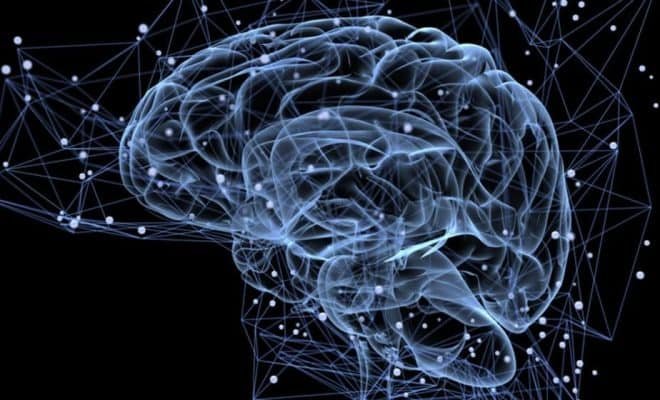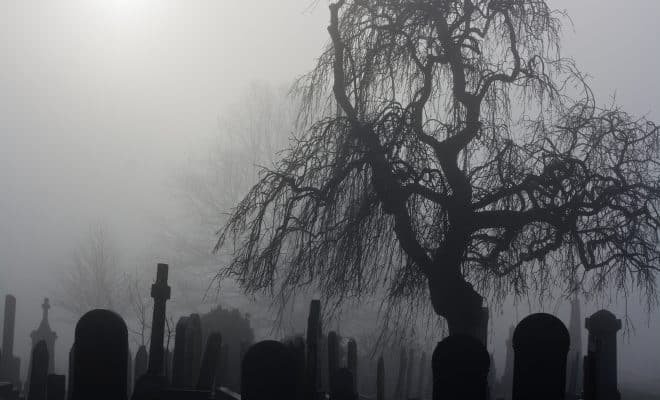Unhappy Holidays

“That’s the thing about depression: A human being can survive almost anything, as long as she sees the end in sight. But depression is so insidious, and it compounds daily, that it’s impossible to ever see the end. The fog is like a cage without a key.” – Elizabeth Wurtzel
The winter holiday months are supposed to be the most wonderful time of the year, but for many people, they are not. Anxiety and depression associated with the holidays is very common and should be taken seriously. The holiday blues are usually triggered by things such as unrealistic expectations, loneliness, and increased levels of stress. Although this condition is usually temporary, lasting from November until January, it can lead to clinical cases of anxiety and depression if symptoms persist for longer than two weeks. If you are experiencing symptoms of anxiety or depression over an extended period of time, it is recommended that you speak to your physician or a therapist.
The National Alliance on Mental Illness (NAMI) reports that out of 292 people asked, nearly 24% of people with a diagnosed mental illness say the holidays cause their condition to seem a lot worse, while 40% say that the holidays cause their condition to seem somewhat worse. It was also reported by NAMI that in a study of 755 respondents the holidays cause: 68% to feel financially strained, 66% to experience loneliness, 63% to feel too much pressure, and 57% to experience unrealistic expectations. In connection to feelings of sadness and loneliness associated with the holidays, 55% found themselves remembering happier times in the past in contrast to their present situations, and 50% reported being unable to be with family or friends during the holidays. With these statistics in mind, it is important that we know how to combat the holiday blues.
Social isolation is the lack of contact between an individual and society, and is the most common predictor of depression. For this reason, face-to-face time with friends and family can be crucial to combatting depression. If you are unable to have face-to-face time and find yourself in crisis, you are not alone. Some helpful contacts include:
- Visiting websites like www.supportgroups.com to speak to other individuals who have been in similar situations
- Texting “Hello” to 741-741 will connect you to a trained crisis counselor with Crisis Text Line
- Calling 1-800-273-8255 will connect you to the National Suicide Prevention Hotline
With that said, don’t feel obligated to attend social events that make you uncomfortable. Keep family and friends informed of your limits and what you’re comfortable with.
Love yourself and take care of yourself. Self-care is important whether you are struggling with depression or not. When depression or anxiety gets bad, it’s hard to think in that moment about what makes us feel good. Try putting together a list of healthy self-care methods to use during these periods. The more methods that you have on your list, the better equipped you are to care for yourself during periods of increased depression or anxiety. These tools can be things like: taking a hot bath, watching a movie, reading a book, listing things you like about yourself, going for a hike, and cooking a meal. Anything that makes you feel good can be placed in your toolbox, as long as it is not harmful to yourself or those around you.
If you are attending holiday parties and the spiked eggnog is flowing freely, think twice before filling your cup. Alcohol is a depressant, and it can intensify feelings of depression. Increased feelings of depression in combination with impaired judgment could be a recipe for disaster. For an individual struggling with holiday depression, it may be a good idea to avoid the cocktails until after speaking to your physician or therapist.
Don’t try to recreate the past, and don’t develop unrealistic expectations. You’ll only be setting yourself up for failure and sadness. Embrace the process of making new memories, and don’t add extra pressure by trying to live up to high expectations. Just breathe and be yourself. Living with depression is hard enough already, and the holidays tend to intensify that. The pressure to be happy and social is increased, and it becomes overwhelming. Only do as much as you are comfortable doing, and have fun.
Happy Holidays.








